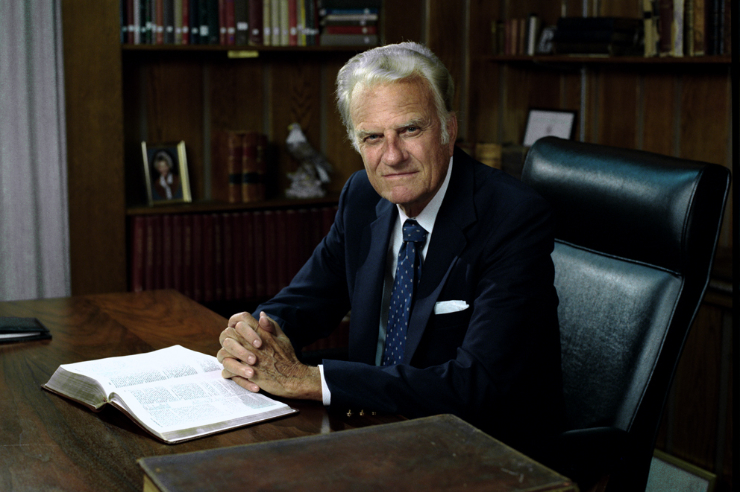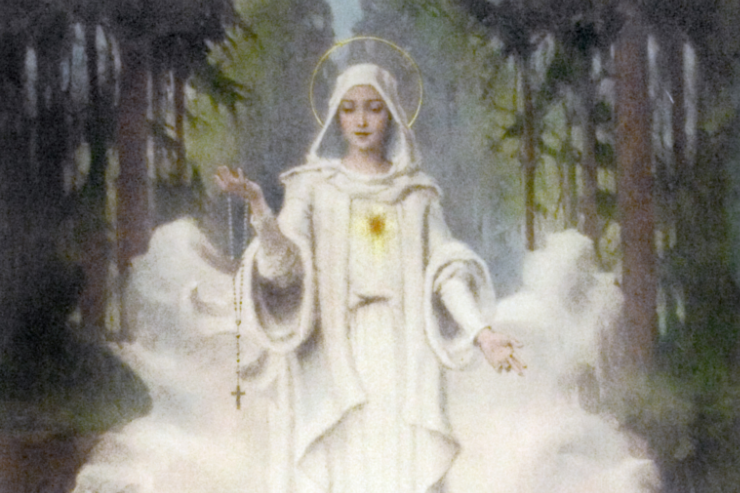Several of our Christian beliefs can be debated, fine arguments can be made, and opposing views can be discussed. But I think one of the most self-evident beliefs is that of original sin and concupiscence.
As Christians, Catholics in particular, we recognize that mankind is a work in progress. The struggle against concupiscence is real, and we can see evidence of it every single day. Does a day go by when I don’t yell at the guy in front of me that doesn’t use his turn signal, despite the fact that he can’t hear me? Why do I let him rob me of my peace?
Because I’m a work in progress.
I can go to confession in the morning before work, and by dinner time I’ve lapsed into the same sins of gossip, rash judgment, pride, and selfishness. Why?
Because I’m a work in progress.
Living in the Bible belt, I’m apparently supposed to be asked frequently if I’m saved. We’ll look past the fact that I have never been asked that, and instead look at what I would say if I was asked. Have I been saved? Yes, when Christ died on the cross for all, when he was perfectly obedient to the Father, I was redeemed by His Blood. His death made my salvation possible.
At the end of my earthly life, I hope to be saved. I can’t presume upon it, because there is always in front of me the choice to reject what Christ did. The choice to do so is generally not overt and dramatic—chances are we won’t be asked to reject with a public statement our faith in God and His saving work. Rather, we reject it with a choice, an action—a turning away from God by a voluntary act to choose something gravely against His Will. We call that mortal sin. And when we commit a mortal sin, we reject his salvation.
So while I was saved by Christ’s death on the cross, it’s up to me whether I participate with that salvation. Salvation comes at the end of life, when we are judged: “he who endures to the end will be saved” (Mt 24:13).
While I’m still breathing, I am still “working out my salvation with fear and trembling” (Phil 2:12). I have been saved, but I’m also being saved (1 Cor 1:18). And I have hope that I will be saved at the end of this earthly life.
I am… a work in progress.
When someone particularly famous in the public square or popular culture lives out their Christianity proudly and loudly, there’s always the very real possibility that if (when) he or she falls, they will be ridiculed as a hypocrite. It seems that the more publicly someone is Christian, the more exposed their sins may be. And the world points and condemns and uses his or her fall to remind the world why Christians are phony fools.
I have to just shake my head at the condemnation. When someone sins—even gravely—we have to remember that they are a work in progress… just like we are. The more public the person, the more public the fall, of course, but even then—the story is still being written.
Professing Christianity (and wanting others to know the joy of the Gospel), doesn’t make me immune to sin. It doesn’t mean that when I sin, I have been a hypocrite to profess the Gospel. It simply means that I am a fallen human being, like everyone else on this earth. A fallen human being… with a future.
Because I am a work in progress.
It’s all about what happens after the sin. I am not defined by my sin. My Christian faith means there’s a story for me after that sin.
Because I am a work in progress.
We never know when judgment will come, because we never know when Christ will call us home. But until that moment, we pray for the grace of perseverance. We pray for the strength to remain faithful. We thank God for the grace of the Holy Spirit, without which this struggle against concupiscence would be impossible.
When Pope Francis visits the imprisoned, he later often shares the same thought: “I always ask myself when I enter a prison ‘Why them and not me?’ And it is a mystery of divine mercy.”
Divine mercy, which reminds us that no one is free from the struggle against concupiscence. Divine mercy, which ensures even the greatest sinner has a possible future. Divine mercy, which reminds me I am a work in progress.
















